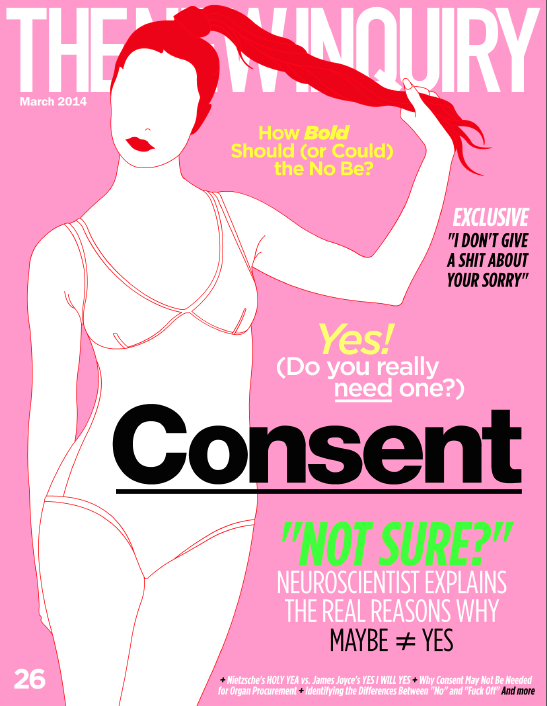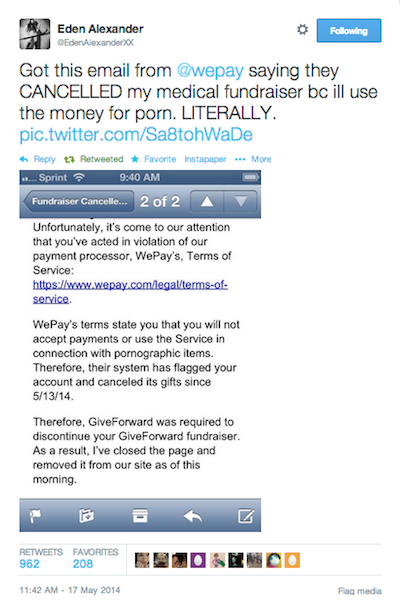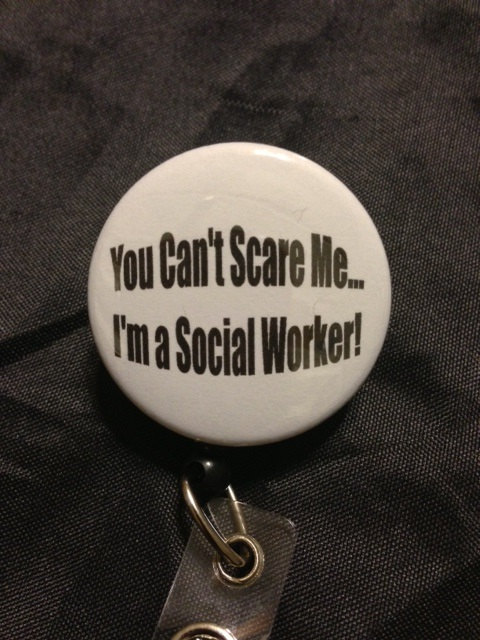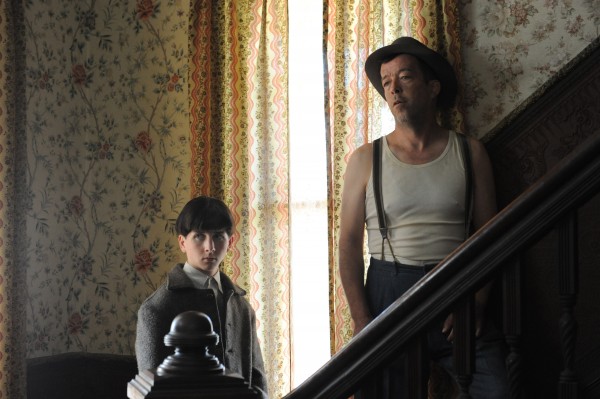I’m Katha Pollitt’s “Highly Educated” Leftist—And A Sex Trafficking Victim

Earlier this year, The New Inquiry published this quiz, “Are You Being Sex Trafficked?” which appeared in an earlier form here on Tits and Sass. Katha Pollitt hinged part of her “Why Do So Many Leftists Want Sex Work to Be the New Normal?” essay on the imagined qualities of TNI’s writers and audience:
Of course, if you are reading the New Inquiry, chances are you’re not being sex trafficked; if you’re a sex worker, chances are you’re a grad student or a writer or maybe an activist—a highly educated woman who has other options and prefers this one. And that is where things get tricky. Because in what other area of labor would leftists look to the elite craftsman to speak for the rank and file? You might as well ask a pastry chef what it’s like to ladle out mashed potatoes in a school cafeteria. In the discourse of sex work, it seems, the subaltern does not get to speak.
The problem is not that the subaltern was not getting to speak, but that Pollitt was unable to listen because of her own ideas about how trafficking victims should present. We asked Tara, the author of the quiz, to respond.
On April 2nd I was at the Freedom Network’s Human Trafficking Conference in San Francisco speaking to a group of law enforcement and service providers about how to do outreach to people who are trafficked in to the commercial sex trade. I was there as part of a federal program designed to offer the experience and expertise of sex trafficking victims like myself with the goal of improving services to other sex trafficking victims. The other survivor presenting and I both had extensive experience as youth involved in the sex trade, as adult sex workers, and as social service providers. We spoke of our experiences with law enforcement and service providers and made recommendations to those present about how they could best provide outreach to sex trafficking victims.
At the end, the facilitator flipped through our feedback forms and laughingly told us that one person thought that our presentation hadn’t been about sex trafficking at all. Apparently there are rules for being a good victim: 1. Victims should cry 2. They should talk about horrible things done to them by criminals, but not by the police 3. They should not have opinions, and 4. If they do have opinions, they should present themselves as traumatized enough so that those opinions are easily discountable. If victims don’t behave this way, their status as victims can be called into question.


 I
I